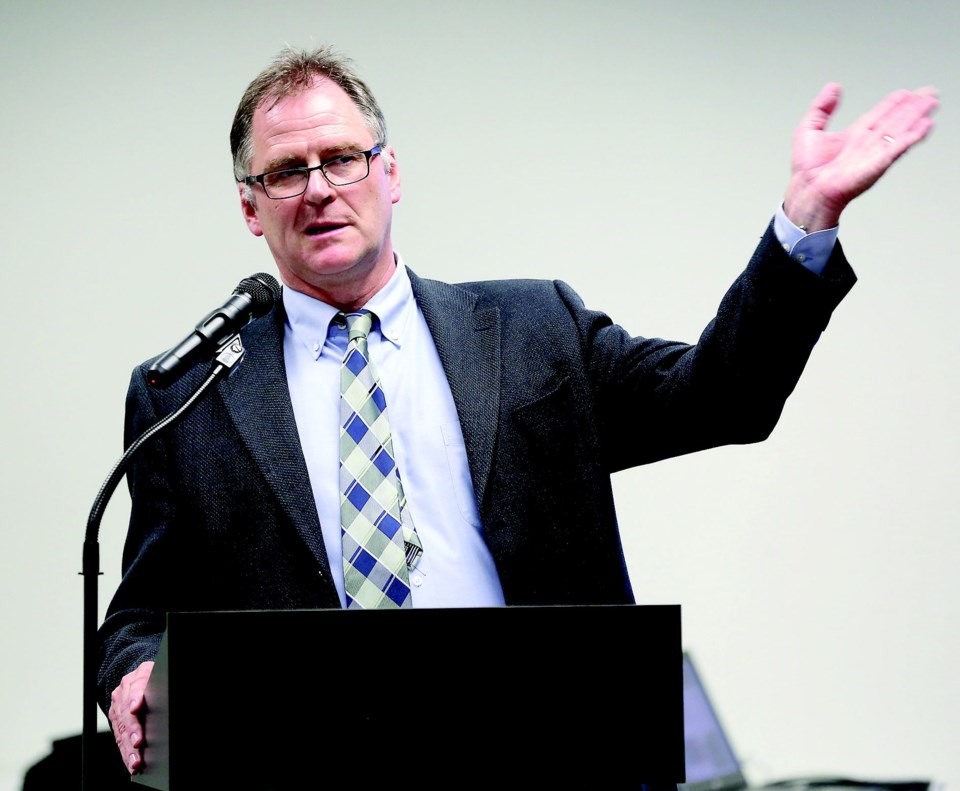The B.C. ombudsperson, Jay Chalke, was in Prince George and made a quick stop at the main branch of the library for an information session called Fairness to Seniors.
During the hour-long session, Chalke offered a few words about the function and services provided by the Ombudsperson, B.C.'s independent voice for fairness, while touching on their own systemic investigations for concerns that involve a greater part of the population.
Reporting to the provincial legislature, the ombudsperson investigates complaints for individuals about provincial ministries, crown corporations, colleges and universities, schools and school districts, health authorities, local governments and self-governing professions.
The top complaints are about the ministry of social services, the ministry of child and family development, the ministry of justice, all regional health authorities, ICBC, BC Hydro, and the ministry of health, specifically Pharmacare and the medical services plan.
The ombudsperson office gets about 8,000 inquiries each year about more than 2,800 public agencies. For those needing assistance, they can call the office at 1-800-567-3247.
In 2008, an investigation began looking at the ministry of health and the five regional health authorities, as well as the ministry responsible for housing in response to complaints about seniors' care.
The report, Best of Care: Getting It Right For Seniors In B.C., came out in 2012 with 143 findings and 176 recommendations. There were 174 accepted recommendations.
"So it was extremely intensive and it took us a couple of years to put that together," said Chalke.
"We looked at a number of things like the adequacy of information that was provided to patients and their families, equitable access to service, what the standards of care were in assisted living, in residential care and home support, what complaint processes existed for people who were concerned or unhappy, what steps the health system took to ensure the rules that were supposed to be in place were observed."
Overall the findings suggested that information was inadequate in the system, he added.
There was a lack of standards, with no consistent method of tracking data.
"As of last year there was still 155 recommendations outstanding but in 2014 the ministry of health adopted a four-year work plan from 2014 to 2018 to address all the remaining recommendations," said Chalke. "Once we have recommended something we don't have the power to order them but one way for these things to happen is for people in the community to pick up the cause and ask questions and make sure that attention is being paid to these things."



